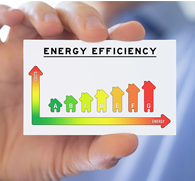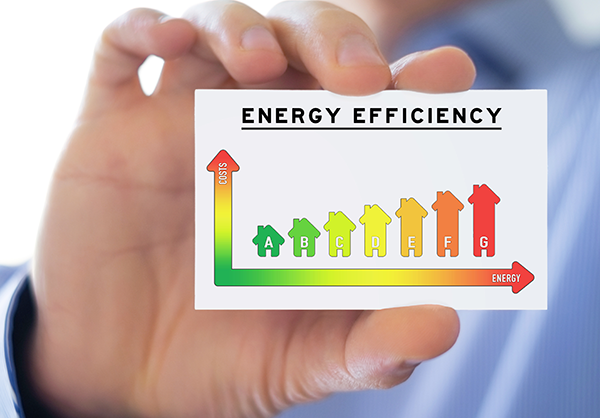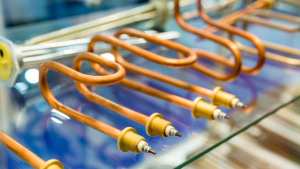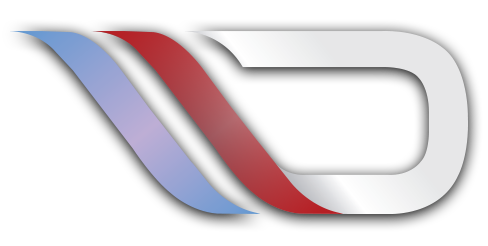We already talked before about how your HVAC cooling units will be working extra hard during the summer heat. Today, we’ll talk about how you can tell whether your commercial air conditioning system is able to cope with higher temperatures. Your HVAC system is one of the most important parts of your building—indoor air quality has a serious impact on employee health, happiness, and productivity—not to mention your energy bills. To see if you’ve got any issues on your hands, ask yourself if you’ve noticed any of the following:
- Strange smells and odors
- Rattling or banging sounds from air ducts
- Hot and cold spots around your workplace
- A rise in electricity costs
- Employees constantly getting sick
Strangely enough, it sounds like it might be a spooky ghost! But in reality, it’s probably just your HVAC units struggling. While some people might just chalk it up to generic technological weirdness, savvy business owners will realize that all these things have a hugely detrimental effect on your bottom line. Sick employees can’t work hard, and it’s going to be difficult to get healthy employees to come in if the workplace is uncomfortably cold or hot, inappropriately noisy, or unpleasantly smelly. Let’s go through some of the causes of these types of problems and what you can do to mitigate or even prevent them.
Corroded, broken or blocked coils and fins
An HVAC unit’s condenser coils are how it disperses heat from the areas being cooled. Air flows over these assemblies of coils and fins and sometimes dirt and debris can get stuck, carried along by the airflow. This can clog up the coils and make it more difficult for the exchange of heat to happen. Long story short, this can cause your electricity bill to go up due to lower operating efficiency. It increases the risk of the unit breaking completely, since it then has to work harder for the same amount of cooling. Lastly, it can even cause refrigerant leaks to happen, as we’ll see below. How do we fix this? Simple, really—clean the coils and make sure that they aren’t blocked. Once every three to four months is your best bet, and you’ll want to do it even more regularly if your environment is particularly dusty.
Refrigerant leaks
When the condenser coils are blocked, the refrigerant flowing through the coils can’t cool down. This can mean damage to other components of your HVAC units, such as the condenser itself or the tubing that carries the refrigerant throughout the unit. This can not only make your HVAC inefficient at cooling, hence the hot and cold spots, but it can also cause the strange smells. Refrigerant leaks are no joke! Here we suggest having your units professionally checked by a reputable HVAC company.
Damaged thermostats
If your thermostats aren’t working properly or aren’t calibrated properly, they might not even be able to tell the air conditioning system to turn on at the right times. This is something that’s pretty easy to diagnose, but a lot of people tend to let the problem get worse and worse before calling in someone to fix it. Your best bet in this situation: as soon as you notice any issue with your thermostat, call in your HVAC repair technician to fix it right away.
For all of these problems, preventative maintenance is your frontline solution. A reputable HVAC company will be able to diagnose all of these issues, sometimes before they even happen. Once the problems arise, they’re also usually your only recourse—so having a good, reliable HVAC company on your go-to list of numbers to call is a smart idea.
One other thing you can do to prevent the aforementioned problems is to opt for Building Automation Services or BAS. That way, there isn’t even any need for thermostats to be controlled by your employees—everything can be monitored instead from a central location, and temperatures adjusted to the optimal point constantly. Building Automation Services can even tell you when anything in your HVAC system isn’t performing as expected, which can predict issues down the line. Knowing when problems will arise before they even do is knowledge that will save you money.
We are Level One HVAC are experts in both these solutions. We’re ready to respond to all your HVAC and Building Automation needs. Give us a call at (248) 486-6500 if you’d like to know more. If you don’t have time to call, you can fill in our online contact form and someone from our staff will be in touch with you shortly.
Visit our social media accounts for more information: Facebook Fan Page / Twitter Feed / Google+ Account / LinkedIn Company Page














